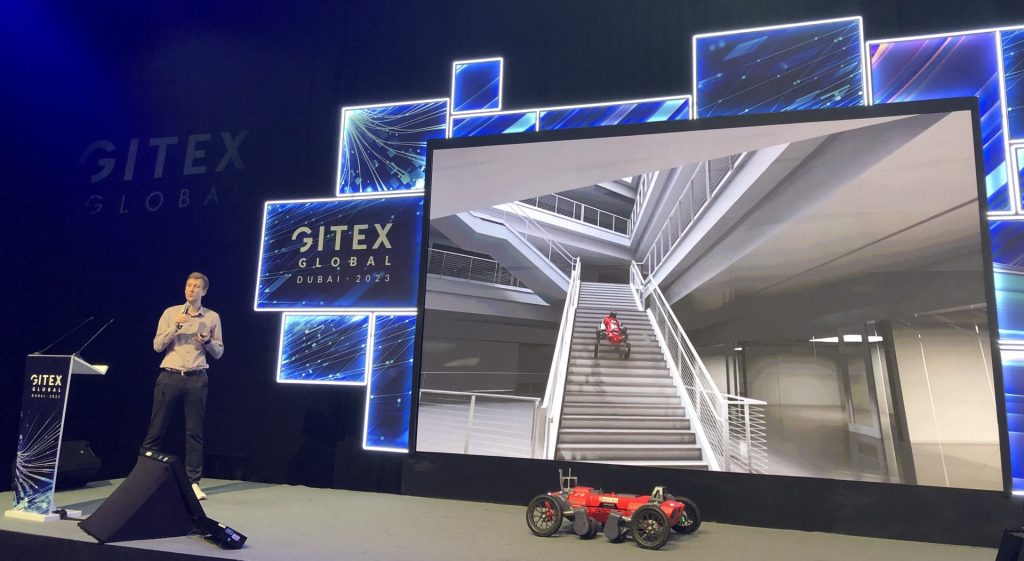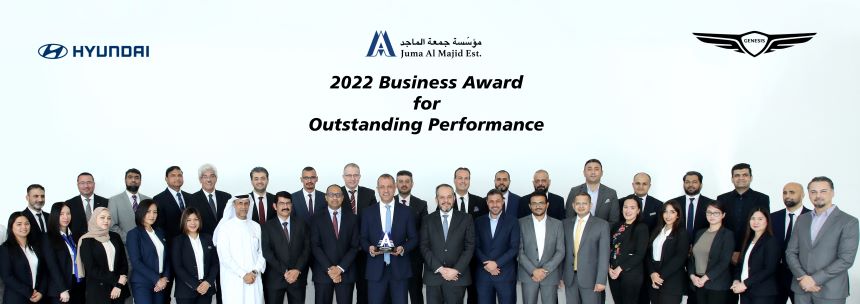Global business evolves amidst AI and IT resurgence

Asian semiconductor companies playing a pivotal role
In the ever-changing landscape of Artificial Intelligence (AI) and Information Technology (IT), investors are finding solace as the uptrend in risk assets, notably stocks, broadens globally across various regions and sectors.
While concerns of German ‘deindustrialisation’ loom, recent shifts in the energy sector and resilient economic indicators suggest a more nuanced perspective, according to the latest market outlook study issued by the Julius Baer research team comprising Christian Gattiker, David Kohl, Mathieu Racheter, Cengizhan Sen, Luca Menozzi, Nenad Dinic and Mark Matthews.
Last week, US IT stocks soared unprecedentedly, propelled by stellar results and a positive outlook on AI. The momentum in Generative AI has reached a tipping point, with worldwide demand surging across diverse industries.

Establishing a global AI infrastructure network promises many applications, from AI-enabled smartphones to real-time language translations during calls, opening up new investor opportunities.
With reasonable valuations and promising growth prospects, investments in data centres, AI software stacks, and innovative products are expected to drive a substantial product upgrade cycle in the coming years.
The focus on AI is particularly relevant for emerging markets, especially in Asia, where semiconductor companies play a pivotal role in the AI theme.
India in the spotlight
India is an attractive investment destination, boasting the least concentrated equity market and a diversified landscape.
Despite the global economic slowdown, India’s macroeconomic backdrop remains robust. The latest purchasing managers’ index reading underscores the resilience of the Indian economy, projecting a 7% GDP growth in 2025.

The government’s commitment to growth, reflected in the recently announced interim budget, positions India as the fastest-growing major economy this year. With inflation at a three-month low and anticipated US Federal Reserve rate cuts, the Reserve Bank of India is poised to shift its policy stance to neutral, enhancing the investment appeal.
Contrasting with the global IT boom, German business activity declined in 2023, fuelling concerns of ‘deindustrialisation.’ However, closer examination reveals a more nuanced picture.
A pullback in investment in the last quarter follows solid expansion in previous quarters, and private consumption is accelerating due to falling inflation and rising wages.
In Germany
Germany’s concerns about ‘deindustrialisation’ focus primarily on energy-producing sectors, marked by price increases and a 2023 slowdown. While this decline impacts GDP growth, it does not negatively affect overall employment growth.
The shift from energy-intensive industrial activities positions Germany for longer-term growth despite short-term limitations.
The earnings and price momentum for Cloud Computing and AI remain robust, indicating no signs of business fatigue.
Maintaining an ‘Overweight’ position in information technology is emphasised as the global business landscape evolves. While a slow recovery is anticipated for German economic growth in 2024, a solid labour market and accelerating global trade are expected to pave the way for expansion in the year’s second half.
As AI and IT reshape the business world, strategic investors are navigating opportunities and challenges to stay ahead in the dynamic global market.
Featured image: The momentum in Generative AI has reached a tipping point, with worldwide demand surging across diverse industries. Credit: Arnold Pinto












